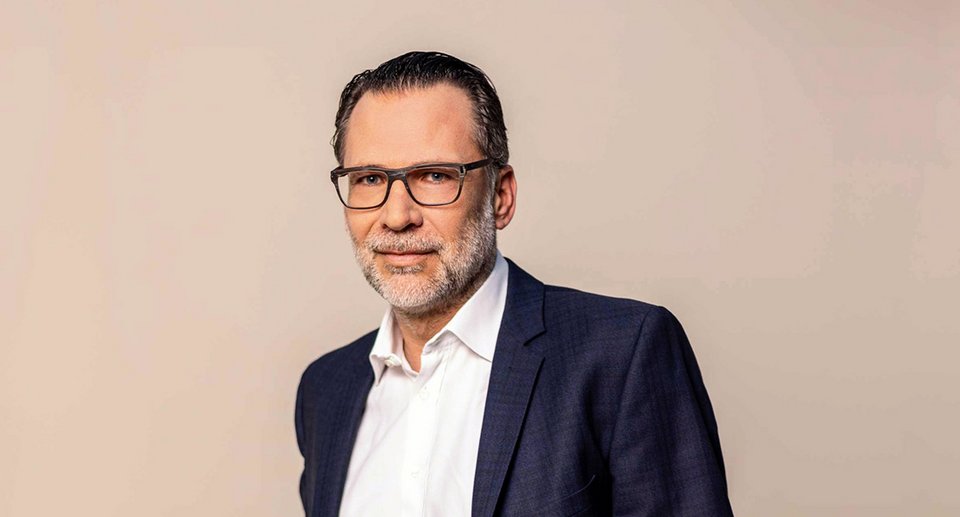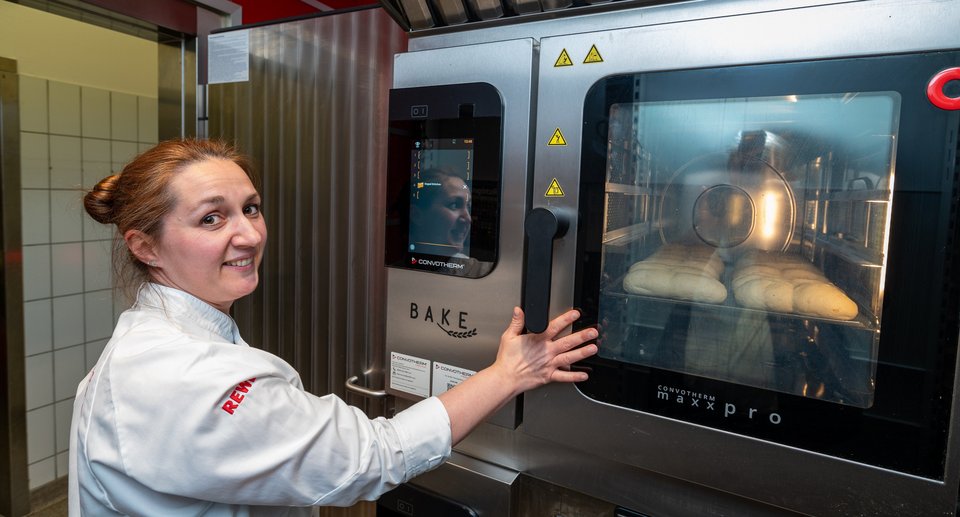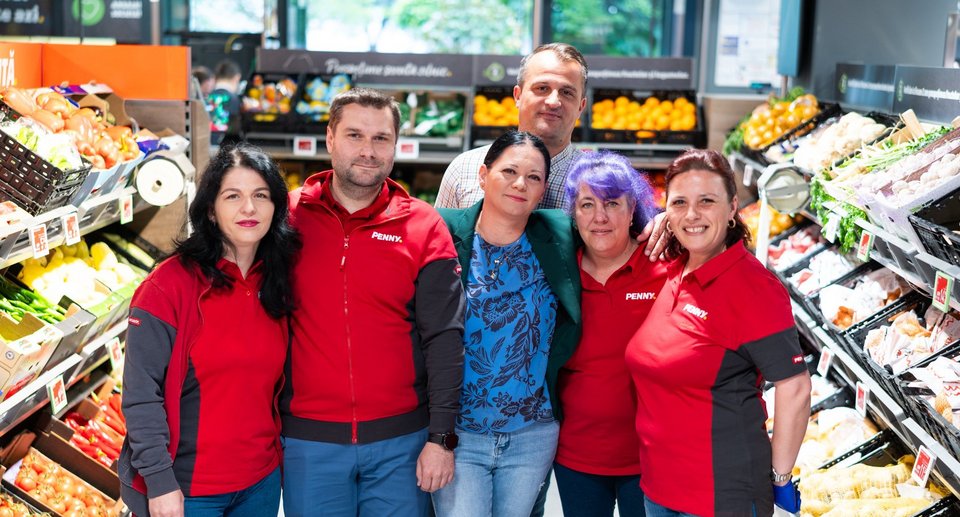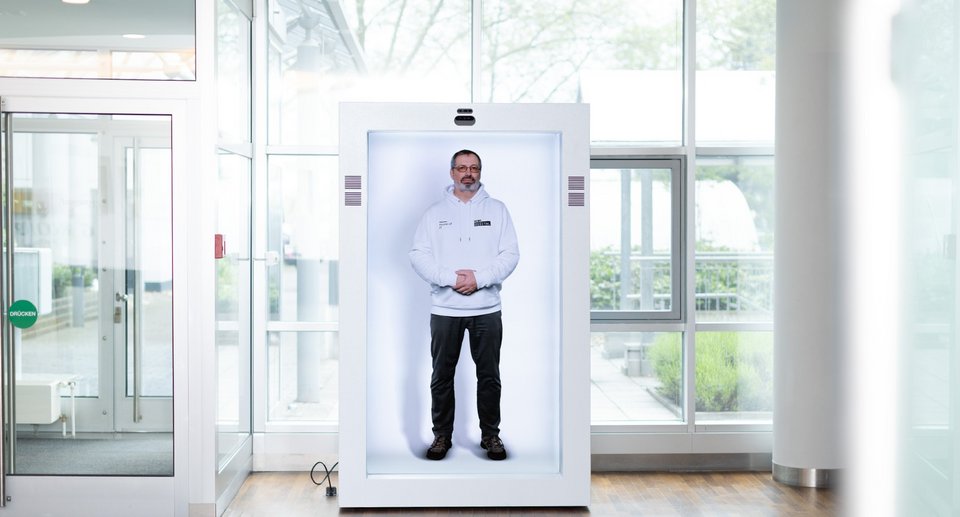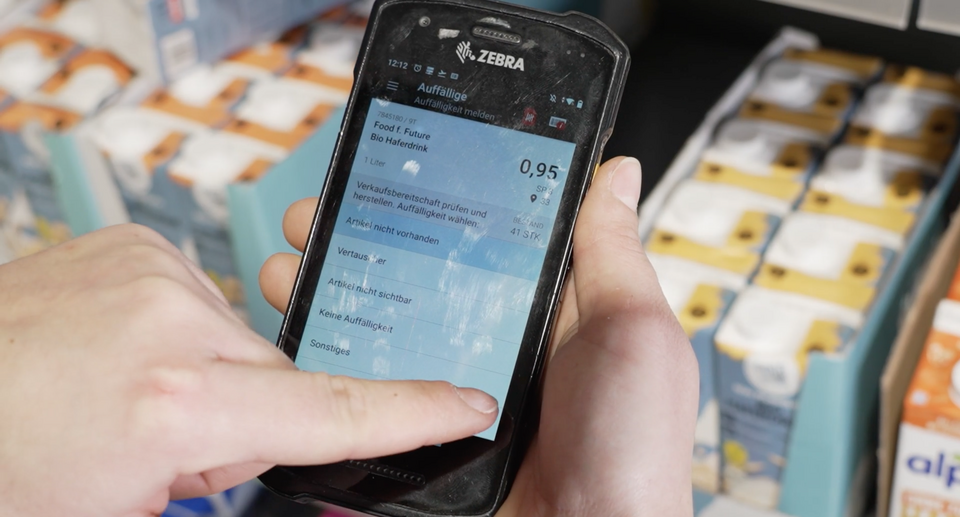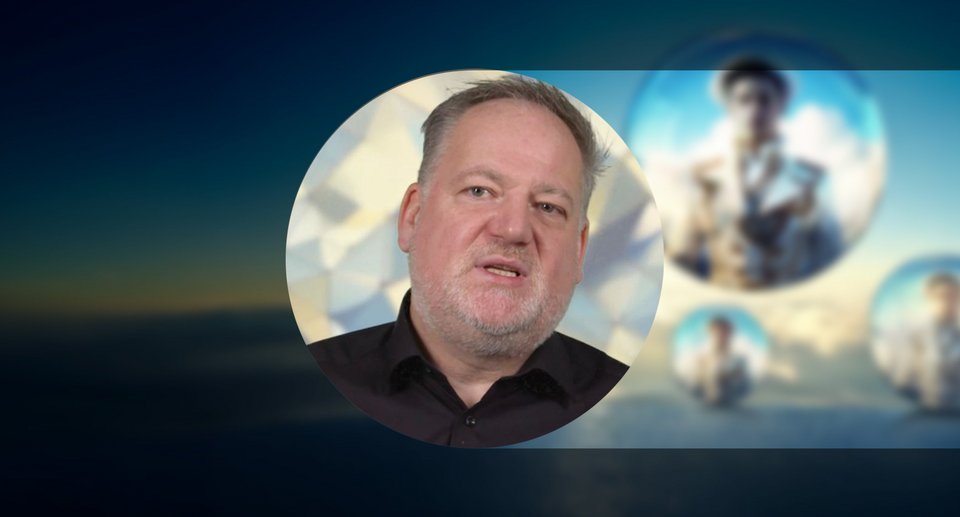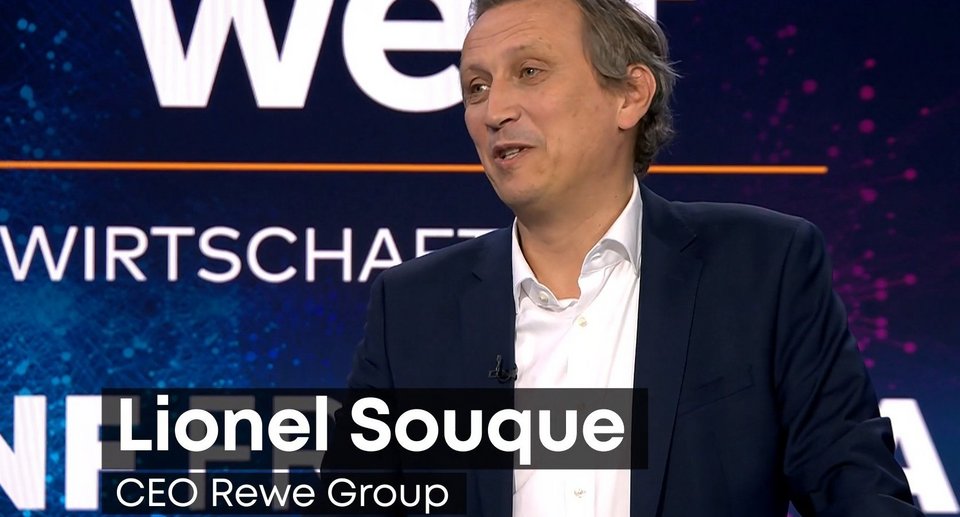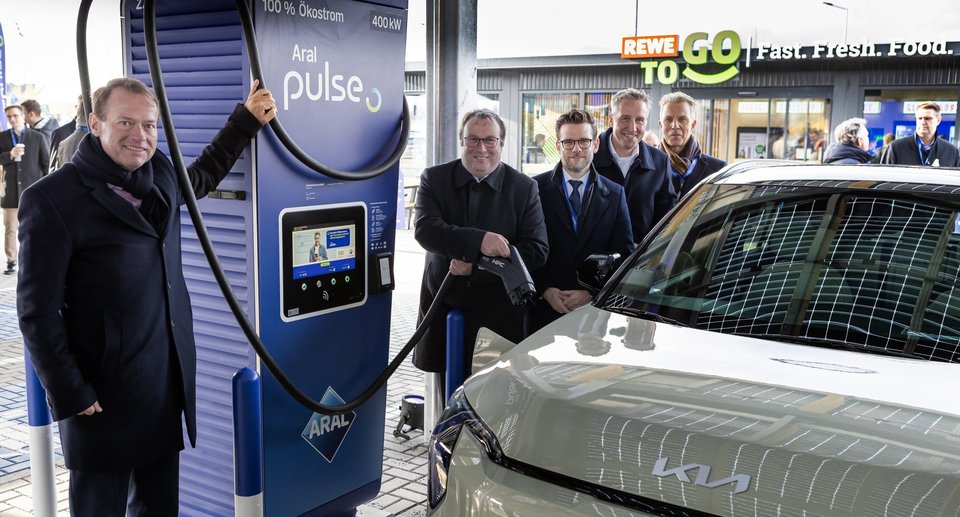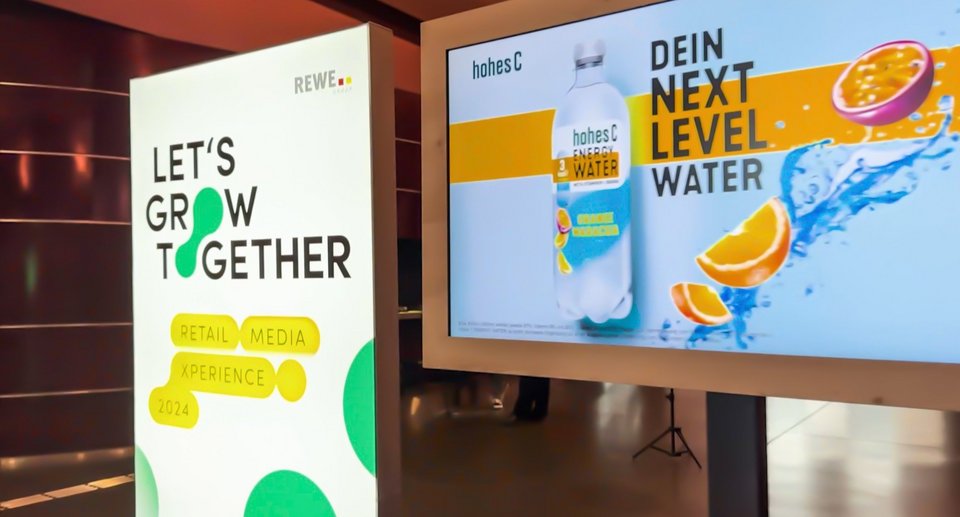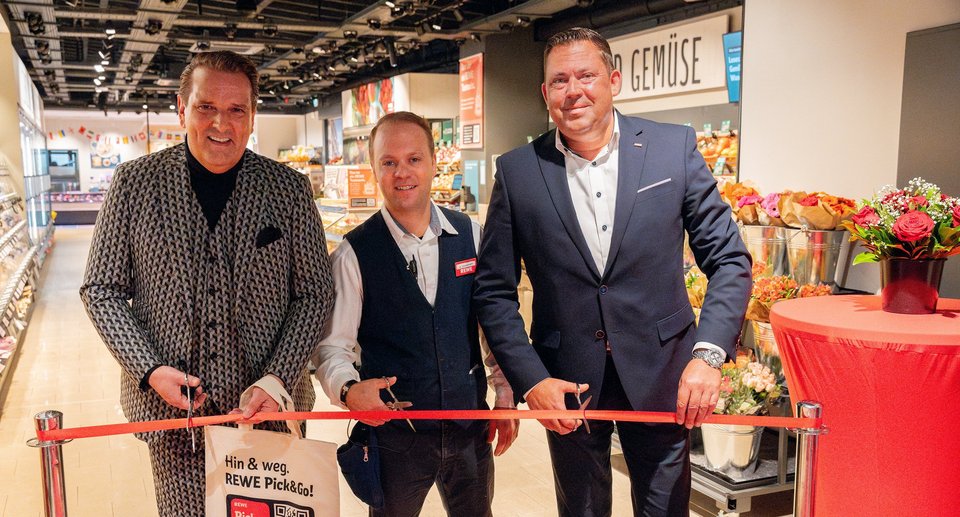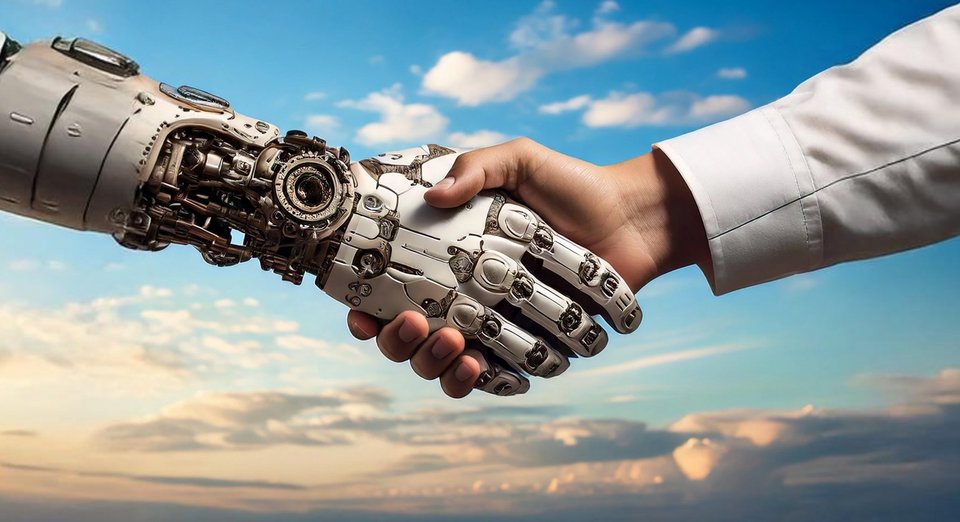
It creates images or films, optimises shelf space in our stores and controls robots. More than two years have passed since AI finally reached the end user with ChatGPT and one thing is clear: this was not an AI bubble that will quickly burst again. AI is here to stay and will change many things in our lives and our everyday working lives.
Pictures of the Pope in a down jacket, AI-generated texts, short films or even chatbots on websites - we encounter artificial intelligence every day and it is learning fast. It's high time we took a closer look at the topic. Sooner or later, we too will come into contact with AI in all areas - or are already doing so.
That's why the cross-business unit working group on AI skills, consisting of colleagues from the Learning Centre and the competence centres throughout the Group, has designed and launched a comprehensive learning offer for all administrative employees across the Group. In addition to the provision of information via the GenAI Info Hub and the Generative AI @REWE Group Community, there is a growing range of training courses in PRIMUS. The AI Journey of Discovery was launched at the end of January as the first impulse. Speakers from our company will be demonstrating the diversity of artificial intelligence at REWE Group until mid-February. The response to the impulse sessions has been huge, with almost 17,000 registrations so far. Our Chief Digital and Technology Officer, Christoph Eltze, and Ralph Klin, Executive Director Customer, Insights & Analytics, kicked off the event together with over 3,000 participants.
At REWE Group, we use AI in two main areas: as analytical AI, which helps us to analyse large amounts of data for targeted applications and use cases or to learn from it in order to derive decisions, and as generative AI, which can be used for text-based "chatting" and, for example, translating or creating texts.
But regardless of which AI we use, we are guided by five basic convictions:
1. AI is a critical success factor for REWE Group
AI will have a massive impact on our economy. It will be a key success factor for the retail and Travel and Tourism sectors in particular and will have a decisive influence on the economy as a whole. AI has great disruptive potential that will also have an impact on our Business Areas.
2. AI will influence every workplace
AI is not a niche topic. Everyone will have to deal with AI - not just colleagues in the field of analytics. This does not mean that it will replace jobs. Instead, AI will help us to generate content, refine ideas, make decisions or relieve us of routine tasks. In order to utilise this potential, we need to learn how to use AI.
3. We can only realise the potential of AI together
Collaboration is needed to utilise AI in a meaningful way. To do this, specialist departments, analytics and IT, accompanied by lawyers, corporate governance, Human Resources and corporate communications, must organise themselves cross-functionally and network across the Group. At REWE Group, we need to develop solutions together from a Group perspective.
4. AI requires a responsible approach
There is a clear legal framework for AI that we must all take seriously, with the EU AI Act and the General Data Protection Regulation (GDPR) playing a central role. There are technical and ethical limits that we need to keep in mind when using AI, e.g. potential bias, explainability, context dependency and reliability. Blind trust is not appropriate when dealing with AI. The results that AI provides us with must always be scrutinised and put into context to ensure that we do not produce errors.
5. REWE Group has a strong starting position in the area of AI
We are already using AI on a large scale to improve processes and make decisions. Practical examples of how we use analytical AI include space optimisation for around 3,400 REWE stores and product range optimisation for our REWE and convenience stores. AI helps us to make better use of space and to offer even more precisely the product range in the stores that suits the local customers.
With REWE Group GPT, we have been using our own generative AI for over a year now and 6,000 colleagues are already using it. The Toom tinkering master has already been rolled out in all stores and supports our employees on the shop floor.
Christoph Eltze has a clear goal for the AI voyage of discovery: "We want to immerse ourselves in the fascinating world of artificial intelligence together with the participating colleagues. We combine in-depth knowledge transfer with practical experience. Because one thing is particularly important to me: everyone should have the chance to experience the impressive possibilities of AI systems first-hand. When we explore the technology ourselves and experiment with it, we immediately feel its enormous potential. And it is precisely these personal 'aha' moments that awaken the enthusiasm to actively help shape these developments."
Background information on analytical and generative AI
AI is a broad field and can be roughly divided into two areas: analytical AI and generative AI.
Analytical AI refers to systems that process and analyse data in order to gain insights, make predictions or support decisions. It uses algorithmic approaches to recognise patterns in data and optimise results. Typical use cases include data analysis, machine learning for predictive modelling, fraud detection and recommendation systems. Analytical AI is primarily used by experts and is trained to learn from existing data (machine learning).
Generative AI goes beyond pure data analysis and focuses on generating new data or content such as text, images, music or videos (hence the name). Generative AI can also be used to create simulation-like environments or to develop language modelling for chatbots or text generation. This form of AI also includes large language models, or LLMs for short, such as ChatGPT. Thanks to its language understanding and dialogue capability ("chatting"), it is easy for anyone to use.
Brief history of AI
Theoretical considerations surrounding AI have been around for decades. A decisive factor in its current success is the rapid increase in computing power, which is now available at much lower cost.
AI first hit the headlines in 1997 when the computer Deep Blue defeated the then world chess champion Garry Kasparov. This computer had learnt how the game works from numerous chess games - the so-called brute force method.
At that time, the computing power and learning method were not yet sufficient to defeat a human in the game of Go. This was achieved in 2016 with Alpha Go, a learning system. A year later, the self-learning systems Alpha Go Zero and Alpha Zero were able to defeat their human Go and chess opponents with ease. Both systems had only received the rules of the game as initial information and learnt the game by training with themselves.
The decisive step for generative AI was also taken in 2017 with the paper "Attention is all you need" by Google. This laid the foundations for the large language models and since the end of 2022, one new application has followed the next.

